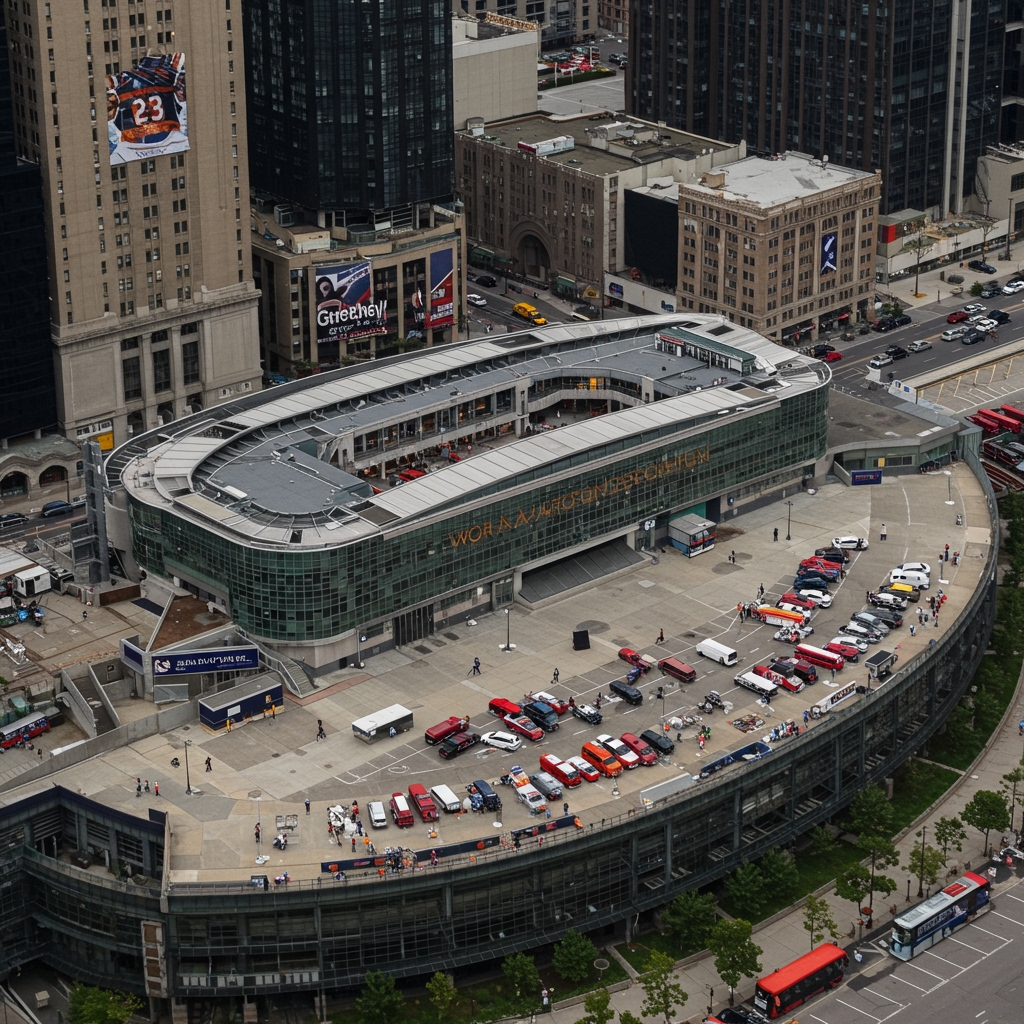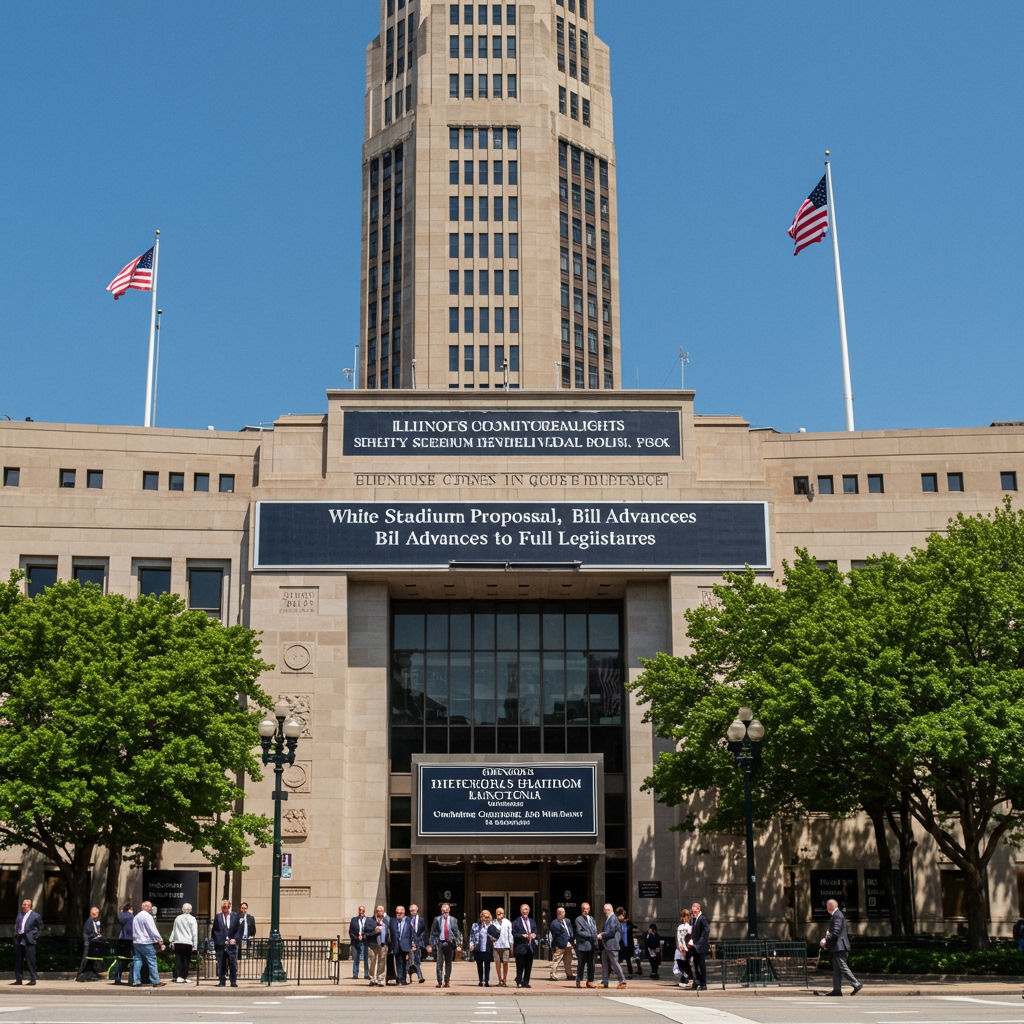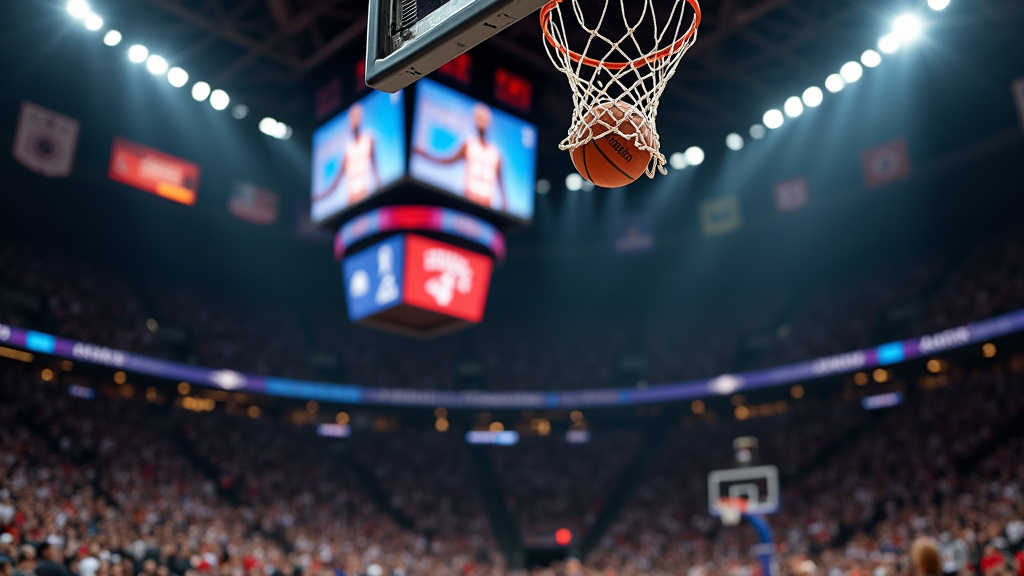Springfield, IL – A significant legislative hurdle was cleared on Wednesday, May 22nd, as the proposed funding plan for a new Chicago White Sox ballpark in the city’s South Loop neighborhood narrowly passed the Illinois House Executive Committee. The vote, which sends the controversial measure to the full House floor for further consideration, concluded with a tight 10-9 margin, highlighting the deep divisions and intense debate surrounding the potential use of public funds for the private development project.
The bill, spearheaded by Chicago White Sox owner Jerry Reinsdorf and his development partner, Related Midwest, outlines a vision for a sprawling $1.2 billion mixed-use development centered around a state-of-the-art baseball stadium. The core of the funding proposal hinges on extending the state’s existing hotel tax bonds. Proponents argue this mechanism provides a dedicated revenue stream, primarily from out-of-town visitors, to support the infrastructure and bond repayment necessary for the large-scale project, minimizing reliance on general taxpayer funds.
Details of the Proposed Development and Funding Mechanism
The planned development site is located in the South Loop, specifically on a parcel of land known as ‘The 78’, a massive unimproved tract positioned between the Chicago River and Clark Street. The $1.2 billion estimated cost encompasses not just the stadium itself but also surrounding infrastructure improvements, public spaces, and potentially other commercial or residential components envisioned by the developers. The overall ambition is to create a vibrant new district that serves as an entertainment hub.
The proposed funding mechanism involves leveraging revenue generated by the existing metropolitan Chicago hotel tax. This tax is currently used to support various tourism-related activities and existing debt obligations. The bill seeks authorization to extend the term of bonds backed by this tax revenue, dedicating a portion of the future stream to service debt incurred for the new stadium project. The developers, Reinsdorf and Related Midwest, have indicated that while they are seeking public assistance for the stadium and related infrastructure, they plan substantial private investment in the surrounding mixed-use elements.
Committee Debate Highlights Public Risk and Community Benefits
The May 22nd committee hearing in Springfield saw lengthy testimony and robust questioning from committee members. The primary points of contention revolved around the level of financial risk borne by the state and taxpayers, and the tangible community benefits that would accrue to the residents of Chicago, particularly those in neighborhoods near the proposed development site. Opponents raised concerns about potential shortfalls in hotel tax revenue, which could theoretically put pressure on other state funds or require restructuring debt. They also questioned whether the economic benefits projected by the developers would materialize as promised.
Advocates for the bill, including representatives for Reinsdorf and Related Midwest, argued that the project would create thousands of construction jobs and permanent jobs, inject significant economic activity into the city and state, and revitalize a long-underutilized piece of land. They emphasized the importance of keeping the White Sox within Chicago and argued that a modern facility is essential for the team’s long-term viability and fan experience. The potential for increased tourism driven by a new stadium was also a key talking point.
Amendments and Future Challenges
During the committee discussion, several amendments were proposed and debated. These amendments often sought to address concerns about community benefits, labor agreements, minority and women-owned business participation, and potential financial safeguards for the state. While some amendments were discussed, the fundamental structure of using extended hotel tax bonds as the primary public funding source for the stadium infrastructure remained central to the proposal that ultimately received the 10-9 vote in favor.
The narrow margin of victory in the Executive Committee signals the significant challenges the bill faces as it advances to the full Illinois House floor. Legislators who voted against the measure, or expressed reservations, are likely to continue scrutinizing the financial model and demanding more robust guarantees for public benefit and protection against financial risk. The debate is expected to intensify as the bill moves forward, with various stakeholders – including community groups, labor unions, and competing business interests – weighing in. The future of a new White Sox stadium in the South Loop remains uncertain, contingent on navigating these complex legislative and political waters in the coming weeks.














